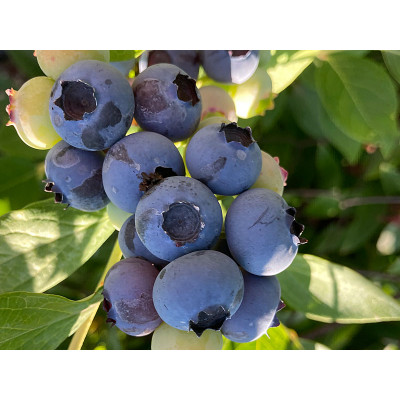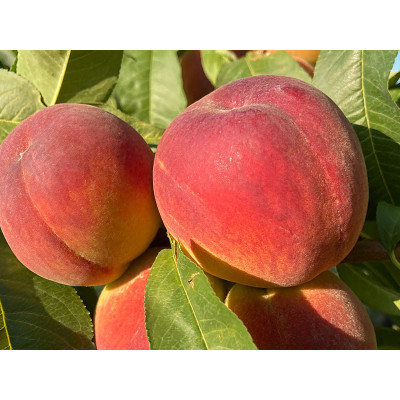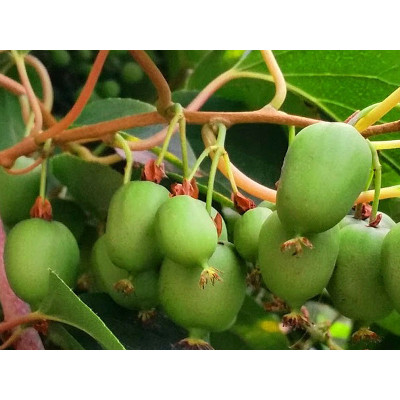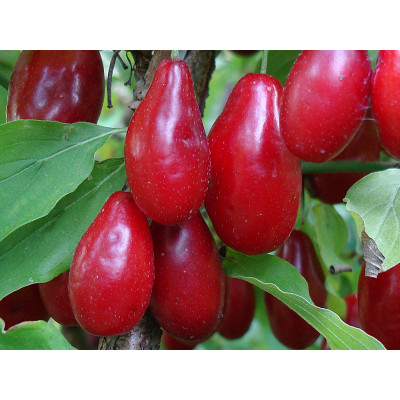Plum (Prunus domestica) WEGIERKA DABROWICKA

- The shipping price depends on the weight of the ordered goods (the more products, the cheaper the price)
- after you have placed the plants in the shopping cart, enter “calculate provisional shipping price” in the shopping cart, after entering the data the eshop will calculate the provisional shipping price for you.
Ask a Question About This Product
| Specifications | |
| Height at sale | 160cm |
| Pot | 5l |
| Rootstock | Myrobalan |
| Sell as | 2 year old |
| Product status | August |
| Estimated date of sale | May |
- Stock: Preparing
- Model: Prunus domestica
The 'Węgierka Dąbrowicka' plum is a Polish variety bred in 1962 at the Institute of Horticulture and Floriculture in Skierniewice from the sowing of 'Węgierka Zwykła'
The tree grows moderately vigorously, forms a medium dense, spherical crown with a distinctive terminal. It comes into fruit very early, often in the second year after planting, and bears regularly. It flowers in April with large, fragrant white flowers.
The fruits are oval, weighing 35-40 g. The skin is dark blue to brownish-garnet with an intense blue waxy coating. The flesh is yellow-green or yellow-honey, sweet and sour, tasty and easily separable from the stone. The fruit ripens in mid-August and does not drop, allowing flexible harvesting.
The variety is non-pollinated; suitable pollinators are 'Empress', 'Amers', 'Bluefree', 'Herman', 'Ruth Gerstetter', 'Renkloda Ulena' and 'Čačanská Lepotica'. Frost resistance is medium, with higher resistance than 'Węgierka Zwykła'. It is not very susceptible to scarlet fever; there are no symptoms of this disease on the fruit.
The use of Myrobalan rootstock ensures vigorous growth of the tree, suitable for growing on sites with medium to heavy soils, both drier and wetter, and in poorer climatic conditions. Myrobalan has a deep root system that anchors the saplings well, tolerates soils with higher calcium content, and has good health and above-average hardiness.
The fruit is suitable for direct consumption, as well as for processing into jams, marmalades, compotes or drying. Thanks to their taste, they are also appreciated in confectionery.




































































